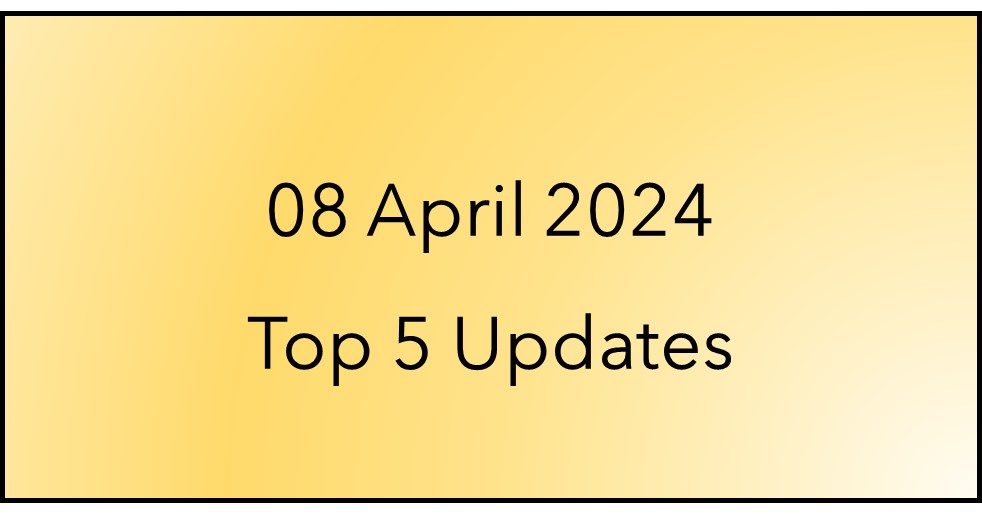Dear Reader, We are happy to share the most interesting legal and policy updates concerning health industry that we read today. We hope you enjoy reading it.
Indian Government may soon have to explain why traditional medicines are outside the scope of its flagship Universal Health Coverage scheme, or include it
India’s Delhi High Court has directed the Indian Government to provide reasons for excluding ayurveda, yoga, and naturopathy treatments are not covered by its Universal Health Coverage scheme (Ayushman Bharat) or if there is a plan to include it, then describe the steps for including them. The direction was issued in response to a Public Interest Litigation (PIL) Petition.
Source: bit.ly/43R0pdJ
Applications invited from private medical device testing laboratories to enable them to test medical devices on behalf of manufacturers
In a first of its kind development, India’s central medical device regulator, Central Drugs Standards Control Organization (CDSCO), has published a notice on its website inviting private medical devices testing laboratories to submit applications for obtaining licenses to test medical devices on behalf of manufacturers. Medical devices cannot be sold after manufacturing without testing by an in-house or external lab, and micro and small-scale manufacturers of medical devices are finding it a challenge to get their medical devices tested due to shortage of private medical testing laboratories.
Source: bit.ly/3TNyMNV
Right against adverse effects of climate change is now a fundamental right of Indians
The Supreme Court of India has interpreted Article 21 of the Indian Constitution, which recognizes the right to life and personal liberty, to include right against adverse effect of climate change. The Supreme Court’s interpretation came in a controversial litigation where the Court had to balance the need to take urgent steps to conserve Great Indian Bustard (GIB) with the need to use land inhabited by GIB for use to generate renewal solar and wind energy.
Source: bit.ly/3vHjIJU
Extension granted to foreign manufacturers of high-risk food products such as nutraceuticals, infant food, milk products for registration with Indian food authority till 31st August, 2024
India’s central food regulator, Food Safety and Standards Authority of India (FSSAI), has extended the timeline for registration of foreign facilities which manufacture high risk food products, until 31st August, 2024. The high-risk food products are nutraceuticals, infant food, milk and milk products, meat and meat products (including poultry, fish and their products) and egg powder.
Source: bit.ly/3U8vEOd
Study indicates that more than half of cancer drugs which receive accelerated approval do not demonstrate clinical benefit in confirmatory trials
A study published in the Journal of the American Medical Association indicated only 43% of cancer drugs which were granted accelerated approval have demonstrated a clinical benefit in terms of patient survival or quality of life in confirmatory trials conducted in US. Accelerated approvals or early approvals are marketing approvals granted by Regulatory Authorities to drugs which show promising initial results for treating debilitating or fatal diseases.
Source: bit.ly/3U5XGd8

